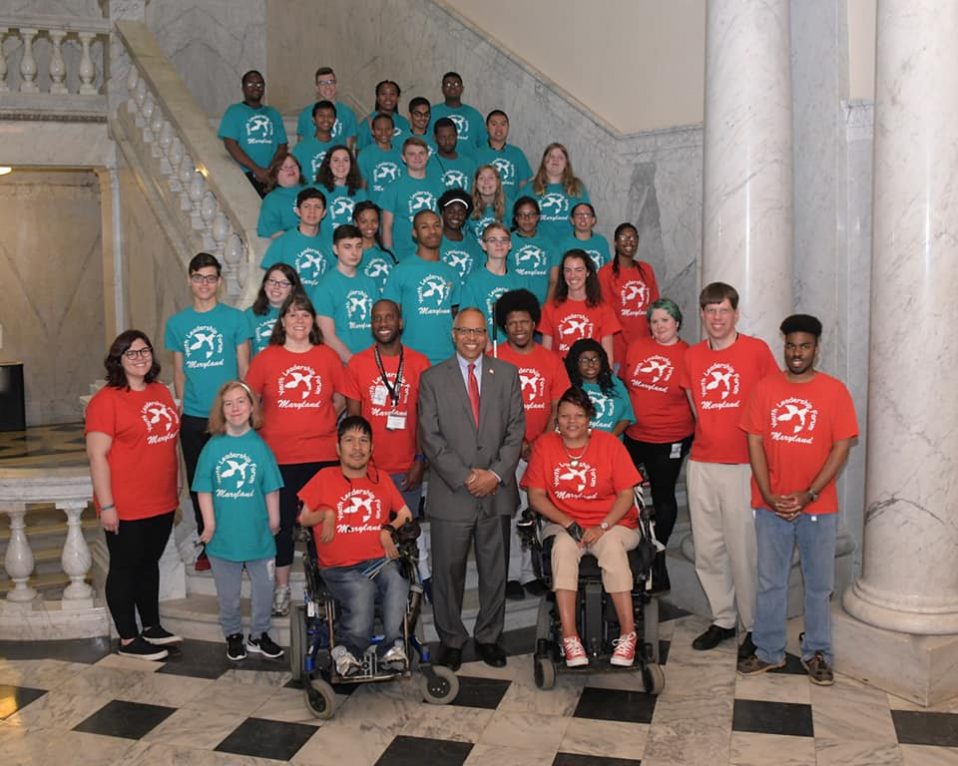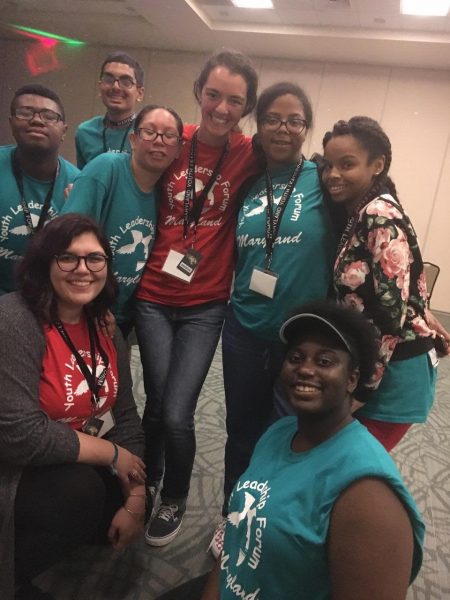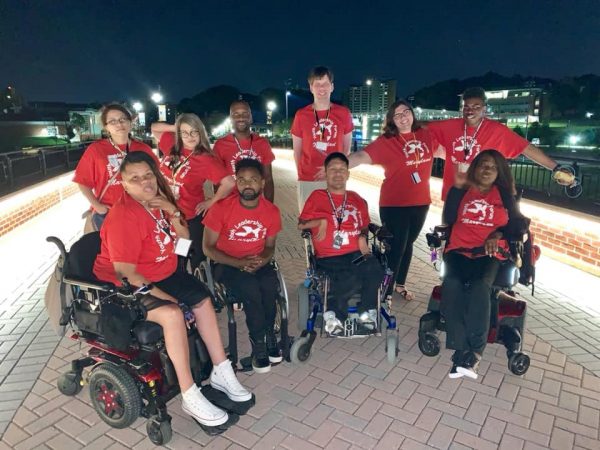Summer is here, and so are DRM’s newest batch of interns!
This month, DRM welcomed 5 incredible interns for this summer. They are all a vital part of our organization, with each intern bringing something unique to the table. Continue reading to learn more about Jack Starobin, Emma Barbato, Jillianne Crescenzi, Ella Schaltenbrand, and Ruby Elbert!
Jack Starobin, Communications Intern for the Development and Communications Team
Rising freshman studying PPE (Philosophy, Politics, and Economics) at University of Pennsylvania
 Why are you interested in disability rights?
Why are you interested in disability rights?
I’ve been passionate about social justice for as long as I can remember. Everyone has a right to a good education, a supportive healthcare system, and all other aspects of a dignified life. I’m interested in disability rights because I want to live in a world where every person has access to the full extent of those rights. I haven’t learned as much about the history of the disability rights movement as I have about the history of other civil rights movements, so I’m eager to learn this summer.
What excites you about being able to work for Disability Rights Maryland?
In this time of global health crisis, institutionalized inequality, and profound social distress, it’s easy to feel helpless in the pursuit of change. I’m excited to work at Disability Rights Maryland because I know that with DRM, I can make a tangible contribution to a better world.
What do you hope to learn this summer?
I hope to learn about the history, progress, setbacks, and goals of the disability rights movement. I also hope to learn how to produce a professional newsletter, plan events for large groups of people, and manage all the moving parts of an effective communications team.
Is there anything else we should know about you?
I look forward to working with DRM!
Emma Barbato, Legal Intern for the Housing and Education Team
First-year law student pursuing her Health Law Certification at University of Maryland, School of Law
 Why are you interested in disability rights?
Why are you interested in disability rights?
I got interested in disability rights during my time as a special educator in Baltimore County. I wanted to continue serving underrepresented populations with my legal education.
What excites you about being able to work for Disability Rights Maryland?
I’m excited to learn about the different realms of disability law and expand my understanding of the resources available.
What do you hope to learn this summer?
I want to learn more practical ways to participate in disability rights and advocacy.
Jillianne Crescenzi, Legal Intern for the Housing and Voting Team
Rising second-year law student pursuing a Juris Doctorate degree at University of Baltimore
 Why are you interested in disability rights?
Why are you interested in disability rights?
My interest in disability rights developed through working with children with special needs and the unique educational and social challenges they encounter. I want to help remove the systemic barriers that prevent children and adults with different needs from accessing the same panoply of privileges the rest of the population benefits from. I want to advocate for more holistic approaches to solving problems by recognizing that effective policies need to incorporate healthcare, education, social, and mental health considerations. Our policies should be intentionally designed for everyone to succeed, especially our most vulnerable populations.
What excites you about being able to work for Disability Rights Maryland?
What excites me the most about interning with DRM is working with an organization full of people that truly care about making a positive impact on the disability community, which in turn, positively impacts us all. I look forward to being exposed to all the different ways that DRM challenges our change-resistant systems in its effort to create a more equitable society.
What do you hope to learn this summer?
I look forward to learning about the solutions available to help the disability community have greater access to stable housing. I am also excited to learn and explore solutions to the barriers the disability community faces in exercising their right to vote. Finally, I would like to learn more about education law and the continued use of overly broad diagnostic codes such as an emotional disability that can pave the way for impersonal and ineffective accommodations for students with disabilities. It is not enough to have a system that not causes our children to fail, our systems must be designed for their success.
Is there anything else we should know about you?
I am thankful for the opportunity to intern with Disability Rights Maryland this summer. Legal interns rely on their internships to teach them the practical skills necessary to become a lawyer and I couldn’t have picked a better organization to learn these from.
Ella Schaltenbrand, Legal Intern for the Mental Health Team
Rising third-year law student studying Public Interest Law at William & Mary Law School
 Why are you interested in disability rights?
Why are you interested in disability rights?
I went to law school because I wanted to be able to help people whose rights were being violated and who needed an advocate. I became interested in disability rights specifically while interning with the Lewis B. Puller, Jr. Veterans Benefits Clinic at William & Mary last summer. I had the opportunity to assist local veterans with their VA disability benefits appeals, which was a very rewarding experience and expanded my knowledge on the need for advocates for those with disabilities.
What excites you about being able to work for Disability Rights Maryland?
I am very excited to have the opportunity to assist the Mental Health Team with legal work related to investigations and monitoring in state mental health facilities.
What do you hope to learn this summer?
I hope to learn as much as I can about Protection and Advocacy organizations and the many ways they work to advance the rights of people with disabilities in different areas of life.
Is there anything else we should know about you?
I am passionate about animal welfare and have two rescue cats.
Ruby Elbert, Legal Intern for the Mental Health Team
Rising sophomore student studying at William & Mary Law School
 Why are you interested in disability rights?
Why are you interested in disability rights?
I’ve had an interest in disability rights for pretty much as long as I can remember. Disability is too often left out of history, education, and the conversation around civil rights issues. It’s important to me that everyone has access to mainstream society and the chance to live their life with autonomy and equal opportunity.
What excites you about being able to work for Disability Rights Maryland?
I worked with DRM last spring, and I’m incredibly excited and grateful to be back! It’s a really unique opportunity to be surrounded every day by so many dedicated people working to make sure people with disabilities have their needs met and voices heard, especially during the pandemic when this work is more needed than ever. I’m glad to have the chance to be part of that.




 Why are you interested in disability rights?
Why are you interested in disability rights? Why are you interested in disability rights?
Why are you interested in disability rights? Why are you interested in disability rights?
Why are you interested in disability rights? Why are you interested in disability rights?
Why are you interested in disability rights?



